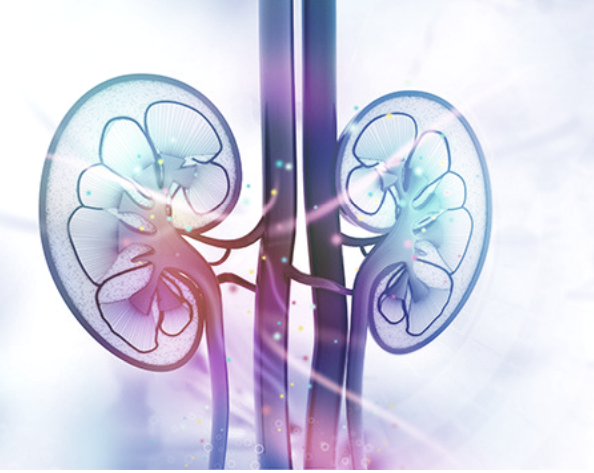Urinary tract infections can affect the kidneys, bladder, ureters, or urethra, among other parts of the urinary tract (UTI). However, they typically refer to infections in the bladder and urethra, which are the lower portions of the urinary tract. Women are more prone to urine infections as compared to men. Microbes like bacteria are the most frequent cause of urinary tract infections (UTIs). However, some fungi can cause UTIs, as well.
Forms of UTIs
There are three primary types of UTIs:
Cystitis is a UTI that affects the bladder.
● Pyelonephritis: When a UTI leads to a kidney infection
● Urethritis: When the urethra is affected by the infection
Urinary tract infections can affect the kidneys, bladder, ureters, or urethra, among other parts of the urinary tract (UTI). However, they typically refer to infections in the bladder and urethra, which are the lower portions of the urinary tract. Women are more prone to urine infections as compared to men. Microbes like bacteria are the most frequent cause of urinary tract infections (UTIs). However, some fungi can cause UTIs, as well.
Forms of UTIs
There are three primary types of UTIs:
Cystitis is a UTI that affects the bladder.
● Pyelonephritis: When a UTI leads to a kidney infection
● Urethritis: When the urethra is affected by the infection
Female anatomy. A woman has a shorter urethra than a man does, which shortens the distance that bacteria must travel to reach the bladder. Close placement of the urethra to the anus also adds to the risk. Wiping from back to front after using the bathroom increases the risk. This happens because the urethra is placed anatomically very close to the anus, where bacteria like E. coli are excreted from the large intestine
● Sexual activity. Sexually active women tend to have more UTIs than do women who aren’t sexually active.
● Certain types of birth control. Women who use diaphragms for birth control may be at higher risk, as well as women who use spermicidal agents.
● Menopause. After menopause, a decline in circulating estrogen causes changes in the urinary tract that make you more vulnerable to infection.
Urinary tract infections (UTIs) are easy to treat. The first line of treatments for these infections are antibiotics, and these are prescribed based on your infection and the type of bacteria found in your urine sample.
These treatments are very effective, and the infection resolves within a few days.
It is recommended to drink plenty of liquids and water to allow passage of urine. Though not conclusively proven, drinking cranberry juice is said be useful to relieve symptoms of urinary tract infections (UTIs).





